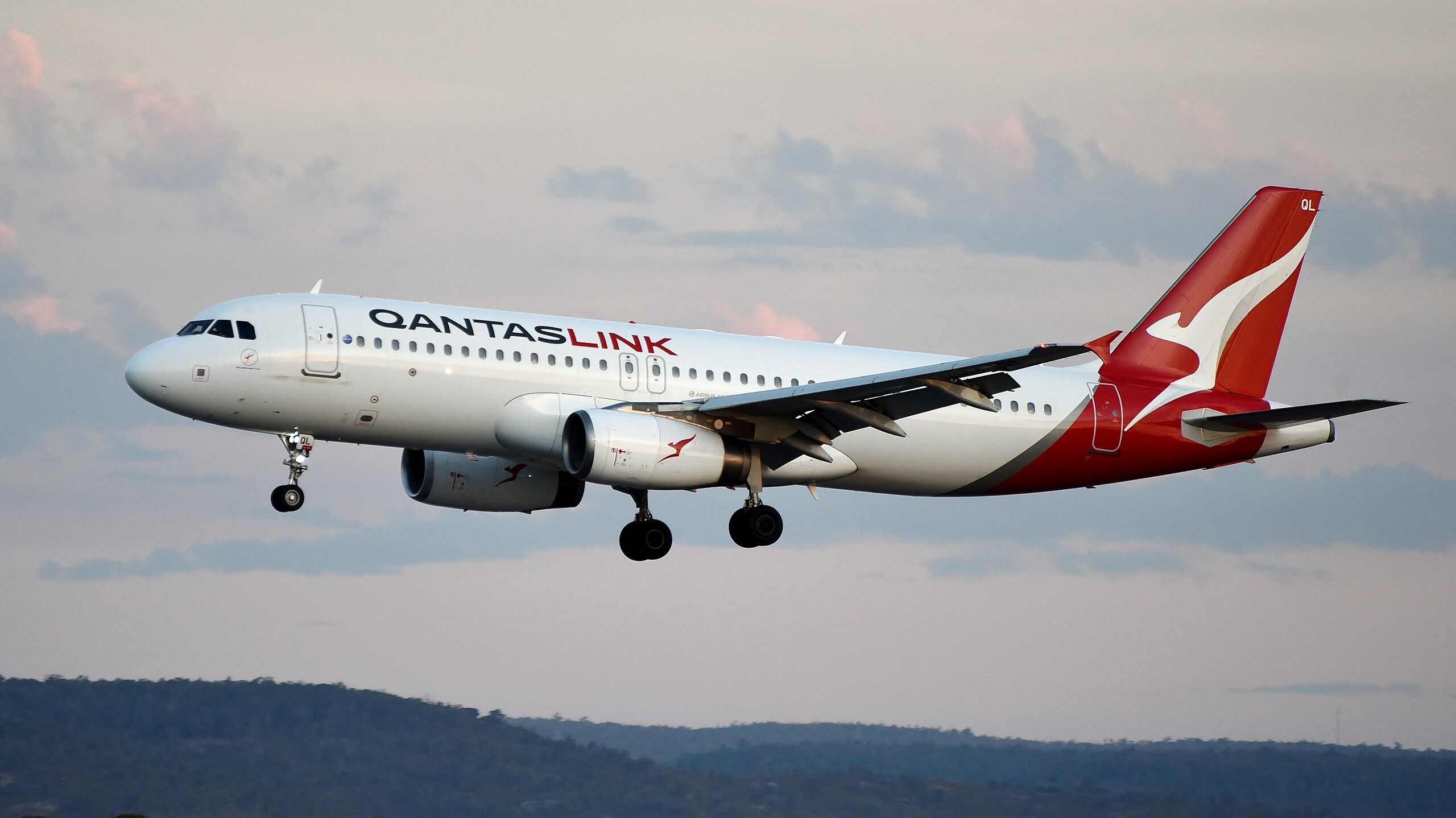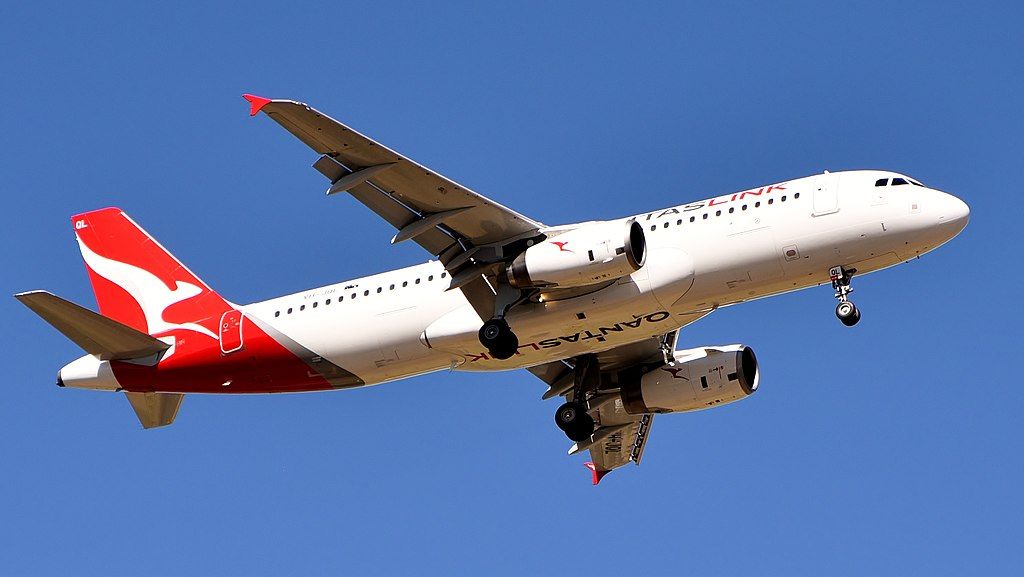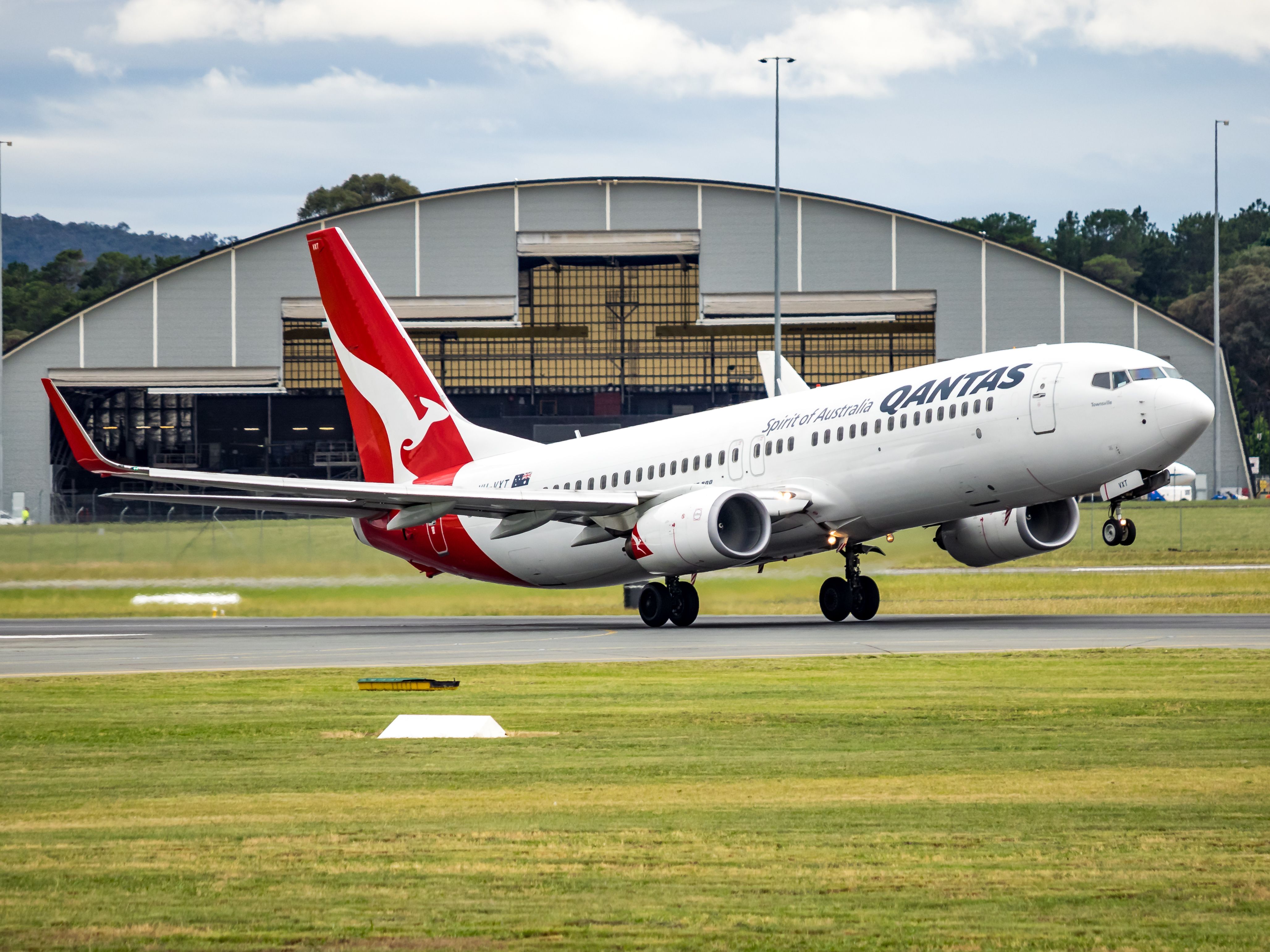Summary
- Australian Federation of Air Pilots (AFAP) members at Network Aviation have called for a 24-hour stop work disrupting FIFO resource workers in Western Australia.
- The dispute centers around pay, with striking pilots demanding a 50% increase and alignment with Qantas domestic pilots’ salaries.
- Despite offering a 25% immediate pay increase and other benefits Network Aviation has been unable to reach a compromise with negotiations at a standstill since March.
Last week, the Australian Federation of Air Pilots called a 24-hour stop work at Network Aviation, a wholly owned subsidiary of the national flag carrier Qantas. With the pilots due to walk in just hours, there is no sign of any compromise, and if anything, the two sides seem even further apart than they were last week.
Counting down the hours
Australian Federation of Air Pilots (AFAP) members at Network Aviation are due to stop all work effective from 00:01 until 23:59 on Wednesday, October 4. Network Aviation operates more than 300 flights weekly, including regular airline passenger services on aircraft with the QantasLink tail, as well as charter work under the Network Aviation brand.
The airline has a fleet of around thirty aircraft, including Airbus A320s and Fokker F100s, and tomorrow’s strike will severely disrupt the movement of Fly-In Fly-Out (FIFO) resource workers in Western Australia. Around 50% of scheduled flights have been canceled, with Qantas 737s being rerouted and passengers rebooked on other airlines, with aircraft from other charter operators helping to keep some services operating.
While it was well known the dispute centered on pay and conditions, the West Australian newspaper reported today that the striking pilots are chasing a pay increase of around 50%. The report said that the Network Aviation (Network) pilots want to be paid in line with Qantas domestic pilots, meaning the highest-paid Network pilot would earn around AU$400,000 while an entry-level pilot would be paid around AU$200,000 ($264,000-$132,000).
Photo: John Mackintosh/Shutterstock
On average, Network pilots work 25% fewer hours than the Qantas 737 pilots and for its part, Qantas said it was still open to negotiate its offer, which is an immediate 25% pay increase for all Network pilots and a 3% annual increase thereafter. The offer also includes more roster stability, nine days off per fortnight, a guaranteed weekend off per roster and an additional AU$5,000 ($3,300) bonus through the Qantas Recovery Boost payment.
A lot of disruption in WA
According to 7News, Network Aviation chief operating officer Trevor Worgan said the industrial action was timed to hurt travelers during the busy school holiday period, and flights would remain canceled even if the strike is called off, adding,
“Our proposed agreement offers our pilots significant pay rises and more guaranteed days off each roster period and we’re disappointed the AFAP has chosen to move towards industrial action while we have been trying to negotiate.”
AFAP Senior Industrial Officer Chris Aikens said yesterday that negotiations on an expired Enterprise Agreement have been at a standstill since March, leaving most Network Aviation pilots with wages and conditions well below industry standards. He added that many of the pilots earn less than the Air Pilots Award [the legal minimum] and that the Network pilots are “simply asking for something that is affordable and sustainable for the company and its workforce.”
There are approximately 600,000 FIFO workers in Western Australia who transfer from hubs, like Perth Airport, to remote mining, gas and oil projects across the state. Major mining companies told 7News that some of their operations would be impacted by the strike, and they were working to minimize the disruption by canceling non-essential travel and rescheduling transfers to other days.
Sources: The West Australian, 7News



